Lotus, scientifically known as “Nelumbo nucifera,” is a sacred and revered plant that holds profound cultural and spiritual significance across various cultures and traditions. Known for its stunning flowers that seemingly float on water, the lotus is celebrated for its symbolism of purity, enlightenment, and rebirth. In this article, we’ll delve into the captivating features, symbolism, and cultural significance of the lotus, a timeless emblem of spiritual growth and transformation.
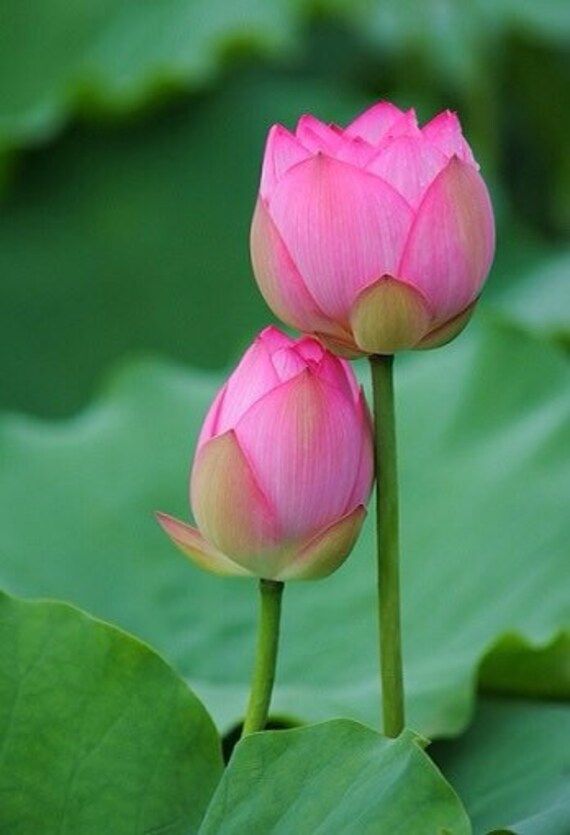
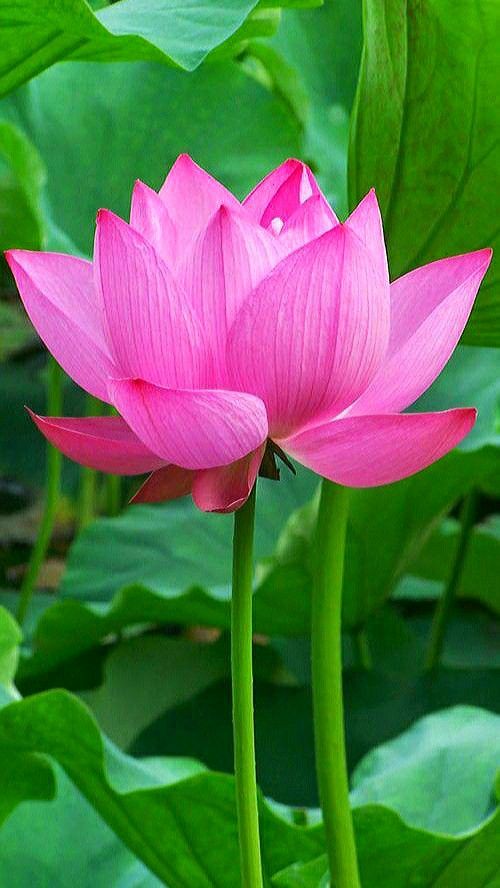
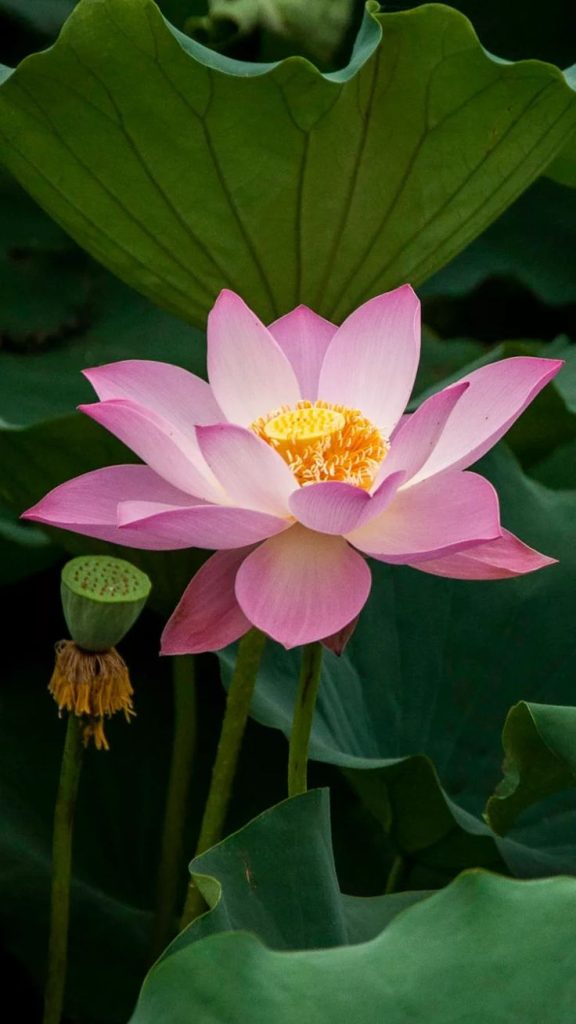
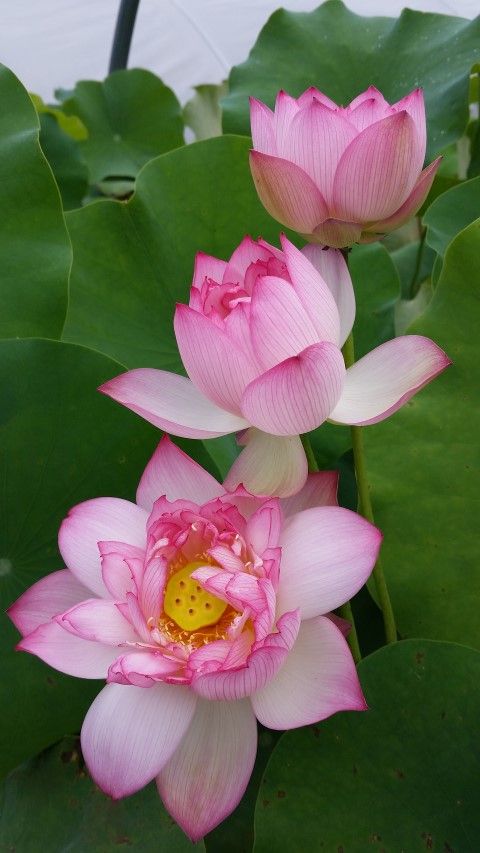


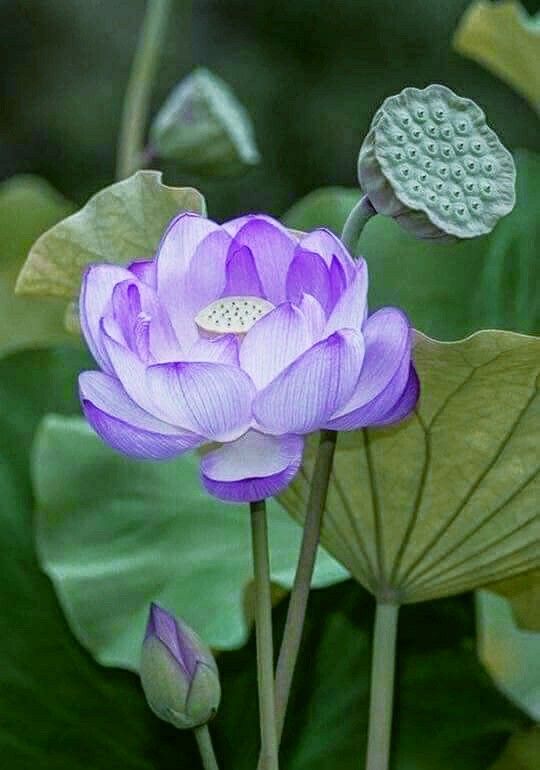

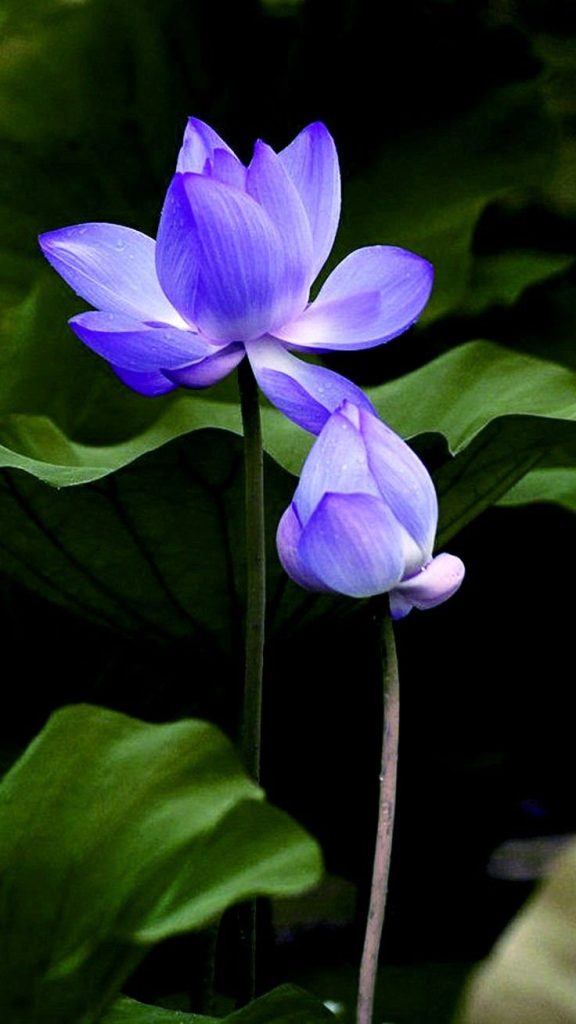


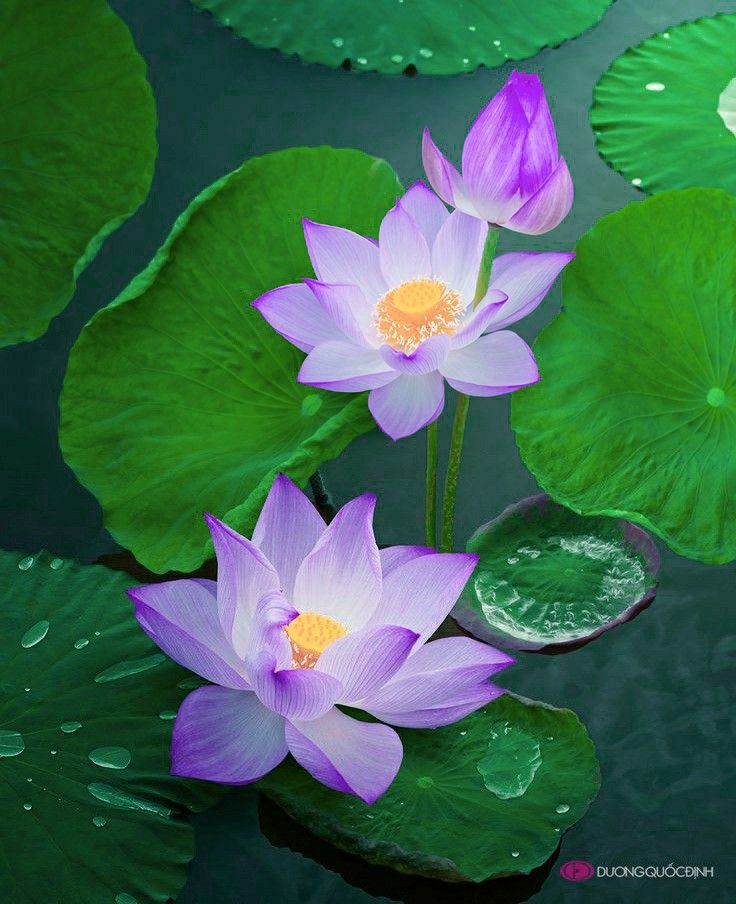
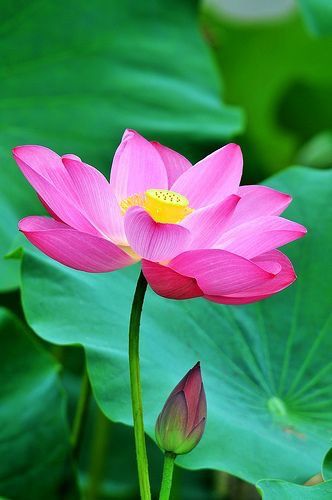
The Captivating Features of Lotus
The lotus is celebrated for its captivating features that make it an extraordinary plant:
- Exquisite Flowers: Lotus flowers are iconic for their large, elegant blossoms with delicate petals in shades of pink, white, or occasionally yellow. These flowers often grow above the water’s surface on long stems, creating a stunning visual display.
- Floating Leaves: Lotus leaves are notable for their large, round, and flat appearance, allowing them to float gracefully on the water’s surface. Their waxy texture prevents water from soaking into the leaves.
- Aquatic Adaptation: Lotus plants are well-suited to aquatic environments, growing in shallow waters such as ponds, lakes, and slow-moving rivers.
- Sacred Seeds: The seeds of the lotus plant are equally cherished and are often used in traditional medicine and cuisine.
Symbolism of the Lotus
The lotus holds profound symbolism in various cultures and belief systems:
- Purity and Enlightenment: In Buddhism, the lotus represents purity, enlightenment, and the journey of spiritual awakening. The growth of a pristine flower from murky waters symbolizes the potential for purity and enlightenment within all beings.
- Rebirth and Resilience: The lotus’s ability to emerge unblemished from the mud and bloom anew each day symbolizes resilience, renewal, and the cyclical nature of life.
- Divine Beauty: In Hinduism, the lotus is associated with various deities, particularly Lord Brahma, the creator, who is often depicted sitting on a lotus flower. The lotus represents divine beauty and transcendence.
- Chinese Symbolism: In Chinese culture, the lotus represents purity, harmony, and the promise of a bright future. It is a symbol of moral integrity and enlightenment.
- Egyptian Mythology: In ancient Egyptian mythology, the lotus is associated with rebirth and creation, often depicted in artwork and funerary rituals.
Cultural Significance
The lotus has left an indelible mark on various aspects of culture:
- Art and Architecture: The lotus motif is a common theme in art, architecture, and religious iconography, particularly in temples, sculptures, and paintings.
- Meditation and Yoga: The lotus position, where one sits cross-legged with feet resting on the thighs, is a foundational posture in meditation and yoga. It symbolizes grounding, stability, and spiritual growth.
- Cuisine and Medicine: Lotus seeds and rhizomes are used in Asian cuisine and traditional medicine for their nutritional and therapeutic properties.
- Literature and Poetry: The lotus is a recurring motif in literature and poetry, often used to convey themes of purity, enlightenment, and beauty.
Incorporating Lotus into Your Garden
While cultivating lotus plants can be a more specialized endeavor due to their aquatic requirements, it’s possible to grow them in a pond or water feature in your garden. Here are some considerations:
- Water Depth: Lotus plants require water depths ranging from 6 inches to 2 feet, depending on the variety. Ensure your pond or container has the appropriate depth.
- Container Gardening: You can grow lotus in large containers specifically designed for aquatic plants, allowing you to control their growth and placement.
- Water Quality: Maintain good water quality with proper filtration, circulation, and occasional water changes to prevent algae growth and ensure healthy lotus plants.
- Winter Protection: In colder climates, take measures to protect lotus plants from freezing during winter. Move container-grown lotus to a frost-free area.
The lotus is more than just a plant; it’s a symbol of profound spiritual and cultural significance that transcends boundaries and time. Whether you incorporate it into your garden or simply appreciate its symbolism, the lotus serves as a reminder of the enduring quest for purity, enlightenment, and renewal.